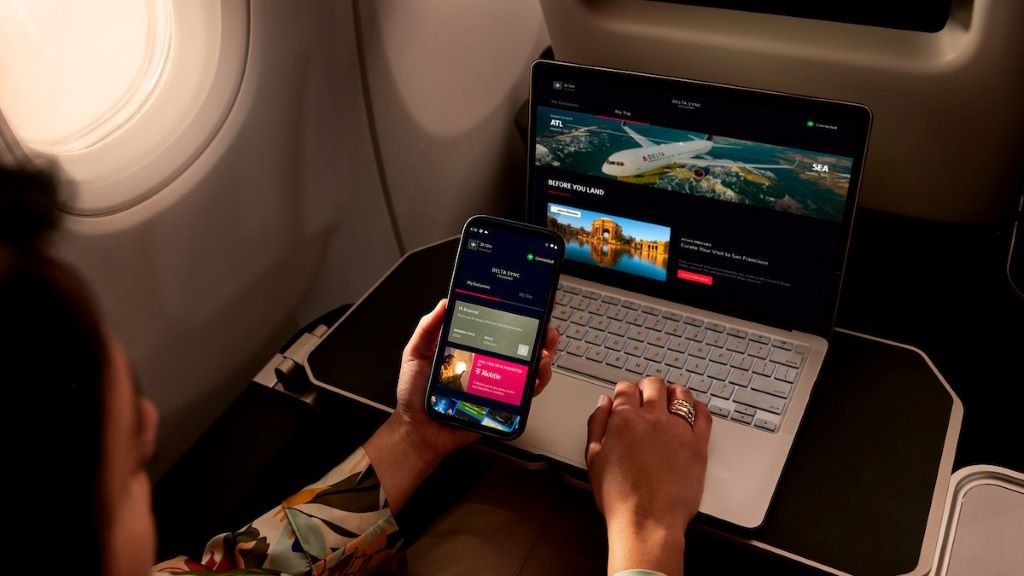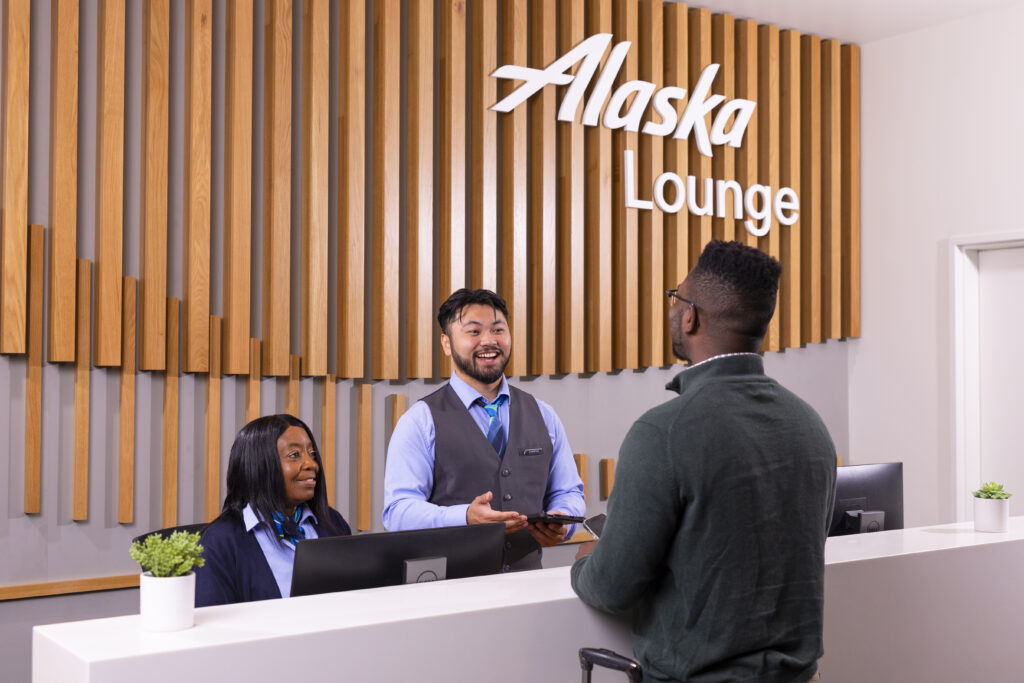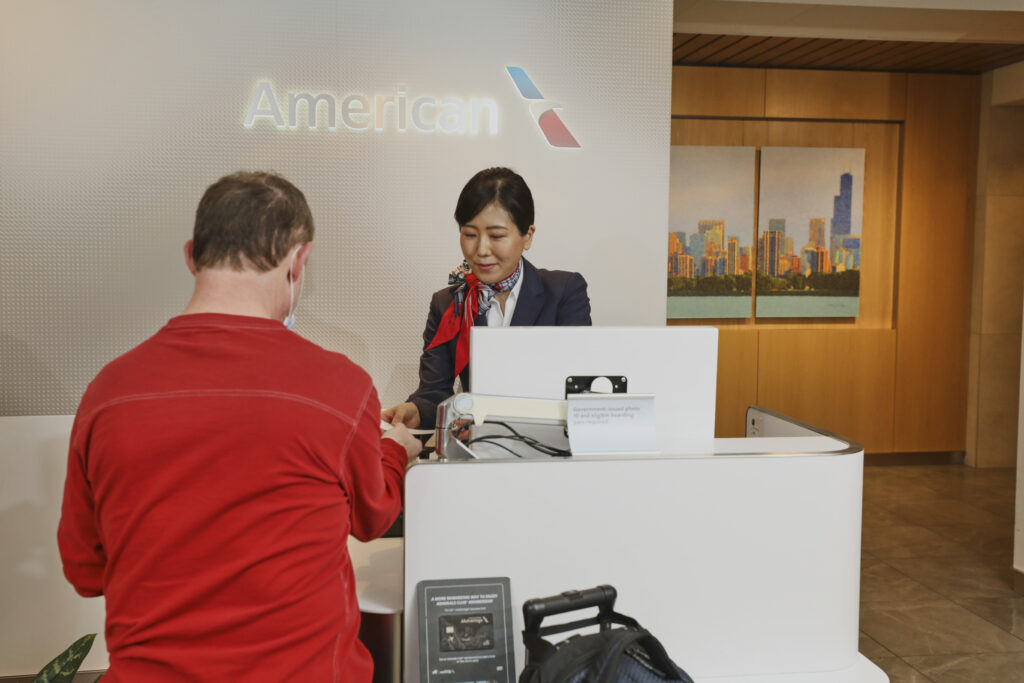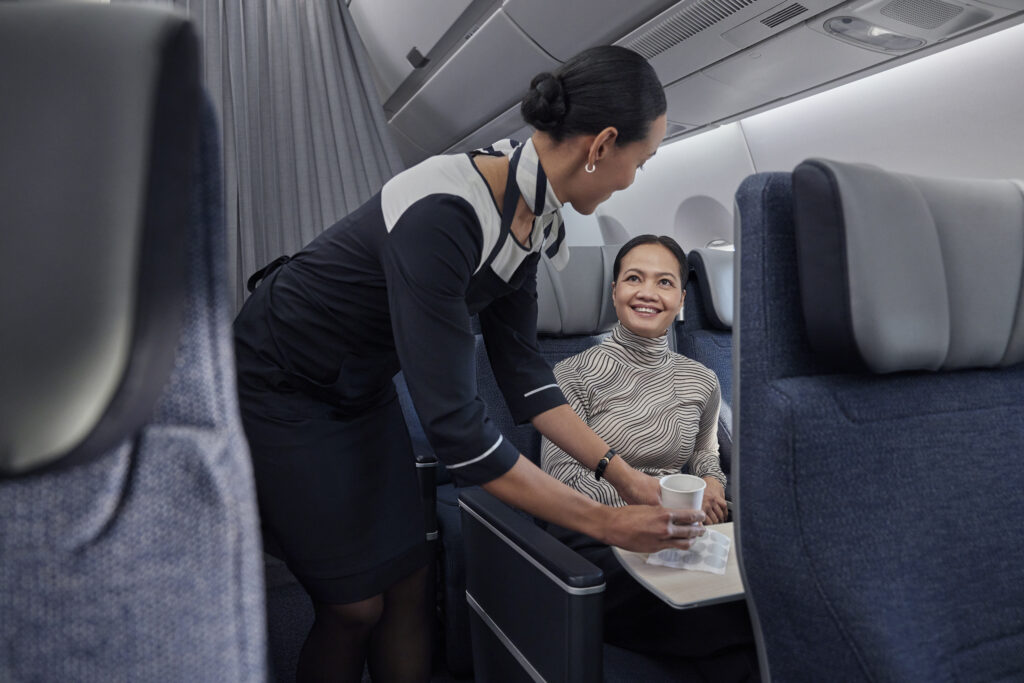End your Zoom call and pack your clothes. Major U.S. airlines are reporting steady growth in corporate bookings this year, marking a surprising resurgence in business travel.
Many obituaries about the $1 trillion business travel market come amid the coronavirus crisis and its aftermath, as travel shutdowns and social distancing make digital meetings with customers and work-from-home arrangements the norm. written. None other than Bill Gates, who predicted in November 2020 that up to half of corporate travel would disappear completely.
And initially, those gloomy predictions seemed right. Leisure travel has boomed in the post-pandemic era, with airlines posting record profits from international flights and premium seats, but corporate bookings have lagged. Financially strapped companies due to the pandemic have cut travel budgets and rescheduled meetings to cyberspace.
Four years later, companies are finally taking to the skies again, and airlines are reaping the benefits.
Delta Air Lines announced a 14% increase in corporate bookings in the first three months of 2024, with particularly strong sales from companies in the financial services, technology and customer service sectors.


Photo: Provided by Delta Air Lines
The Atlanta-based airline expects further growth this year. A survey commissioned by the airline found that 90% of companies surveyed plan to increase travel spending in the spring. If that's true, Delta Air Lines could post record profits this year.
Rival United Airlines also saw a 14% increase in corporate sales revenue this winter. “The strength of resilience in business traffic is a great development for an airline like United Airlines,” Andrew Nocera, the airline's chief commercial officer, said on a conference call with analysts in April. Stated.
Across the airline industry as a whole, corporate passenger numbers have yet to match 2019 numbers. But rising ticket prices mean airlines are earning about the same amount of revenue.
On the West Coast, Alaska Airlines is wiping out high-tech business. A 22% increase in the first quarter brought Alaska's corporate ticket sales back to pre-pandemic levels.


Photo: Alaska Airlines reopens D Lounge in Seattle. Provided by Joe Nicholson Alaska Airlines
“Business travel is stronger than expected,” Alaska Chief Financial Officer Shane Tackett told Reuters.
It's not just airlines that are seeing more people traveling for business and moving their suitcases around. Hotel chain Hyatt reported a 6% year-over-year increase in revenue from transient business travelers in the first quarter, with a similar increase in revenue from group room blocks.
Bookings were even stronger, suggesting one-time revenue across hotels' global operations could rise 21% in April.
Some analysts attribute the recovery in business travel to return-to-office policies by the country's largest companies and larger travel budgets.
“We're seeing a lot of companies getting back to work, and as those companies are getting back to work, they want their suppliers to be there as well,” PwC's U.S. Airline Jonathan Kretzel, head of corporate and travel practice, told Skift.


Photo courtesy of American Airlines
However, the nation's largest airline cited small businesses. American Airlines CCO Vasu Raja said the airline's business booking growth is “driven by non-managed corporations that continue to come back to American. Managed corporations, contract corporations and corporations are growing at a slightly lower rate. But it's still a high growth rate in the mid to high single digits.”
But will airlines be happy with just a small profit? The U.S. Travel Association takes a more pessimistic view of corporate travel. The lobbying group predicted in January that business travel spending this year would remain at 87% of 2019 levels and would not fully recover within its five-year projection horizon.


